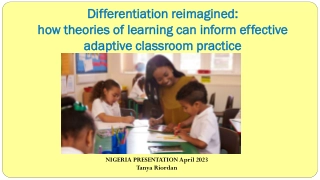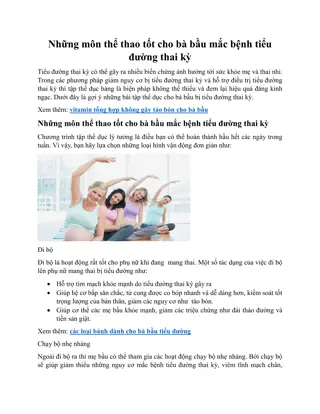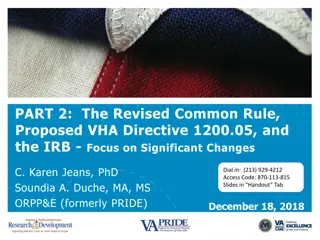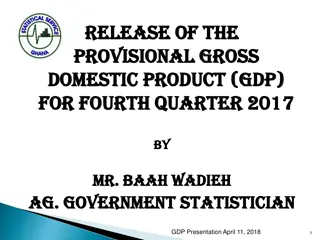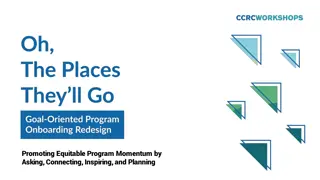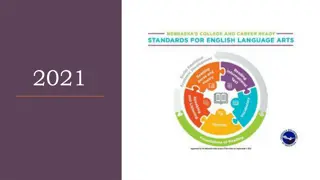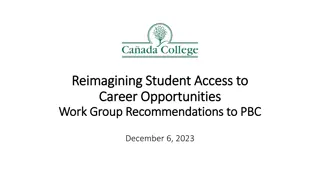
New General Education Requirements for State Universities Explained
Learn about the latest developments in general education requirements for state universities, including the continuation of the AGEC as a lower-division option and the importance of integrating 21st-century skills. Understand the changes in course evaluation processes and the emphasis on interdisciplinary connections in the new curriculum.
Download Presentation

Please find below an Image/Link to download the presentation.
The content on the website is provided AS IS for your information and personal use only. It may not be sold, licensed, or shared on other websites without obtaining consent from the author. If you encounter any issues during the download, it is possible that the publisher has removed the file from their server.
You are allowed to download the files provided on this website for personal or commercial use, subject to the condition that they are used lawfully. All files are the property of their respective owners.
The content on the website is provided AS IS for your information and personal use only. It may not be sold, licensed, or shared on other websites without obtaining consent from the author.
E N D
Presentation Transcript
New ABOR policy 2-210 (passed 6/2019; revised 2/2021) ABOR has now approved new general education requirements for all three state universities The general education programs of the three universities are distinct from one another All three state universities will continue to accept the completed AGEC as satisfying their lower- division general education requirements Students who do not complete the AGEC (including dual enrollment students who go straight to a university) will continue to have their coursework evaluated by the receiving university on a course-by-course basis
The AGEC has not been significantly revised since 1991 Before the Internet became publicly available Before email was common Before cell phones became widespread Before personal computers were used for more than just playing Oregon Trail 21st Century Skills are critically important Community colleges have a unique mission that should manifest in the general education requirements
1. 2. Students need to understand why they are taking a general education curriculum and how it will benefit them. Students need to clearly understand the connections between fields of knowledge and not just experience them as discreet, unrelated experiences. 3. Classes in the general education curriculum need to be more than just introductions to/recruitment for the discipline.
4. Courses that already have a good transfer history will be the foundation of the AGEC curriculum, and their learning outcomes will be expanded to clearly demonstrate the connections among disciplines. 5. 6. Courses that teach college success skills can be counted toward the AGEC. Students will acquire 21st century skills.
Only one AGEC; students choose their math and science courses based on their intended transfer major 33-35 credits total College-level integrated Reading & Writing and Technical Writing classes can now be counted toward first-year composition in addition to ENG 101 and 102 The Options category will now be replaced by two new categories: American Institutions (3 credits) Skills for a Productive Life (3 credits) Special designations will be eliminated; these learning outcomes will be added to the appropriate categories
Summer 2022: AGEC Redesign Subcommittee creates draft of category criteria based on the AAC&U Essential Learning Outcomes and delivers to GenEd ATF for refinement. New AGEC category criteria will harmonize with ABOR policy 2-210. Criteria for each category will contain minimum criteria ( must include ) and desired criteria ( shall include at least xof the following ). Criteria from special requirements (intensive writing & critical inquiry, ethnic/race/gender/class awareness, and contemporary global/international or historical awareness) will be included in appropriate category criteria. Criteria for American Institutions will consider the impacts of colonialism, racism, and other structural inequities on the American experience. Label and criteria for the Skills for a Productive Life category will be carefully considered and changed if needed to reflect relevance to both transfer and workforce education students.
September 2022: GenEd ATF finalizes initial draft of category criteria to take to institutional General Education committees. September 2022-January 2023: Institutional General Education committees collect feedback from their constituencies and submit feedback to GenEd ATF for compilation. January-February 2023: GenEd ATF uses feedback to create a final draft of the category criteria. Final draft is submitted to the AGEC Redesign Subcommittee. February 2023: AGEC Redesign Subcommittee will review and finalize proposed AGEC structure and criteria.
March 2, 2023: AZTransfer Steering Committee will vote on proposed changes. April 13-14, 2023: New AGEC structure and category criteria will be introduced in a general session at the AZTransfer Summit. April 2023 April 2024: Community college districts will align their general education offerings with new AGEC structure and category criteria. New AGEC will be available to students starting with the Fall 2024 catalog.

